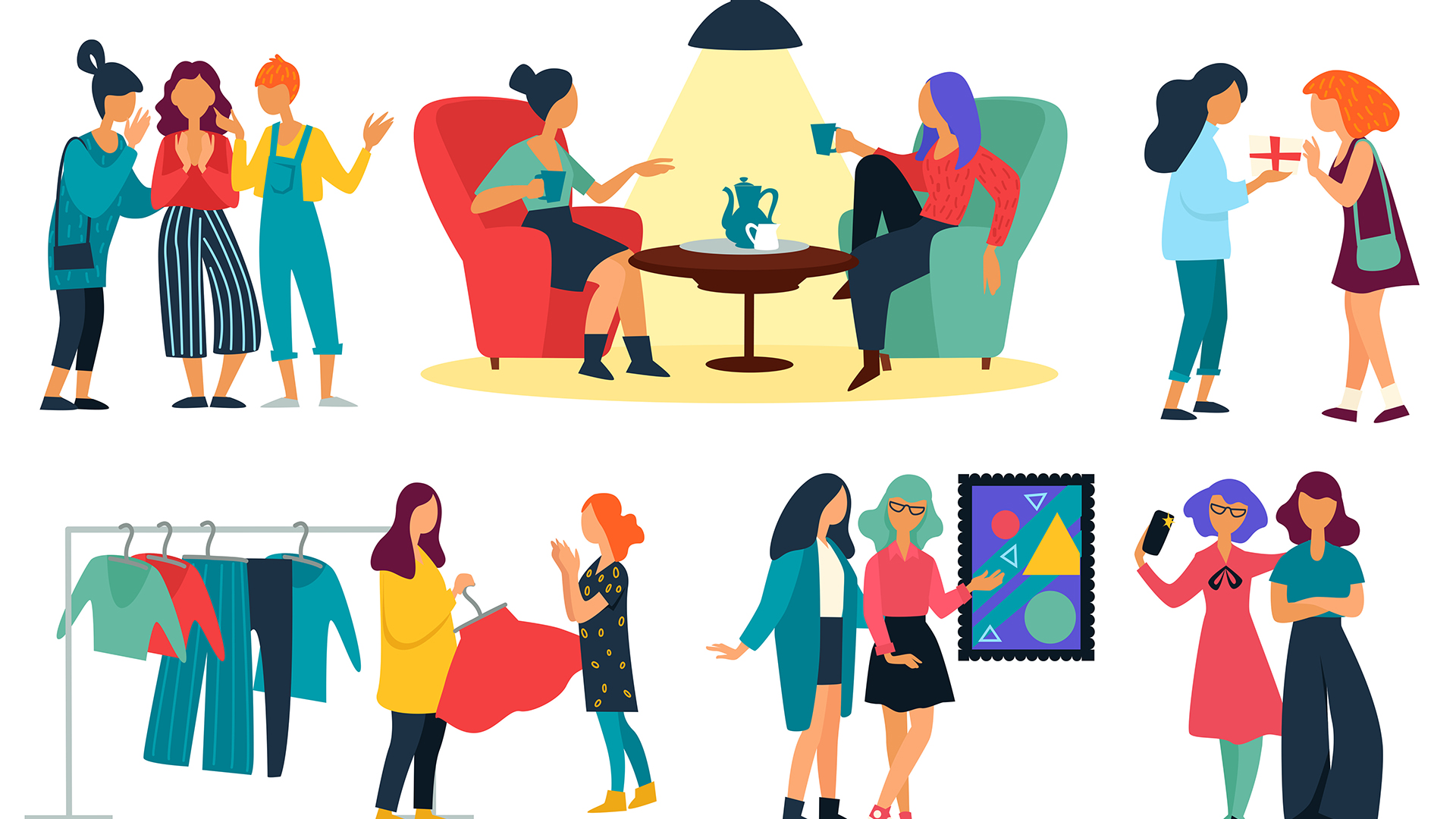
We know goal-setting meetings can help teams be more productive in the workplace, and, according to research from Maryland Smith’s Rebecca Ratner, they can also help you get the most out of activities in your personal life.
Ratner, a marketing professor at Smith, finds that when people take a few minutes at the beginning of a social activity to make sure they’re on the same page about what they hope to get out of the experience, they’ll have a better time and be less likely to leave disappointed.
She worked with Smith PhD graduate Yuechen Wu, now at Johns Hopkins University; Smith PhD graduate Nicole You Jeung Kim, now at Hong Kong Polytechnic University; and Rebecca Hamilton at Georgetown University. The research is published in the Journal of Marketing Research.
The researchers tested what happens when two people share a leisure experience and how an experience improves for the participants when they have a quick goal-setting conversation first. People don’t often have those conversations, Ratner says, and they enjoy the experience less because of it.
“There’s uncertainty. When you are with another person, you don’t really know what that person wants to get out of the experience,” she says. “People become too worried about how they should act.”
Ratner and her co-researchers conducted several experiments sending people into art galleries either alone or with a companion to study how well they were able to focus on the art and how much they enjoyed the experience.
When a participant didn’t know whether their companion was truly interested in studying the art or more interested in just hanging out and casually observing the pieces, they themselves focused less on the art and socialized less.
“They end up sort of frozen,” Ratner says.
A very brief discussion beforehand about what each person wanted to get out of the gallery visit made all the difference: “They each learned more about the art, got more out of the experience overall, and felt better able to socialize,” she says.
But in the experiments, when given the option, participants choose not to have an expectation-setting meeting before activities. Ratner says people don’t take opportunities to get this clarity because they seem to think the conversation won’t help and that it will be uncomfortable – more like work with a goal-setting meeting. In reality, study participants reported the conversation was much less awkward than they feared.
Having that quick conversation benefits both people no matter how well they think they know each other, she says. The effects emerge both when the people are strangers and when they know each other. And having clarity helped even when the partners had different goals.
“It is better for it to be clear that you have different goals than to be not sure whether you have different goals,” says Ratner. In some cases, you might find you are better off going alone when it’s clear that you and your companion are not on the same page, she points out.
Ratner’s advice to avoid disappointment and fully enjoy an outing with a companion: Have a quick chat to set expectations. If both parties are on the same page, no one gets disappointed.
“You may think it would be awkward to have a discussion about goals, but it’s really not,” says Ratner. Keep the conversation quick and light-hearted, she suggests, to avoid it feeling like a laborious task.
Read the research, “Navigating Shared Consumption Experiences: Clarity About a Partner’s Interests Increases Enjoyment,” in the Journal of Marketing Research.
Media Contact
Greg Muraski
Media Relations Manager
301-405-5283
301-892-0973 Mobile
gmuraski@umd.edu
Get Smith Brain Trust Delivered To Your Inbox Every Week
Business moves fast in the 21st century. Stay one step ahead with bite-sized business insights from the Smith School's world-class faculty.